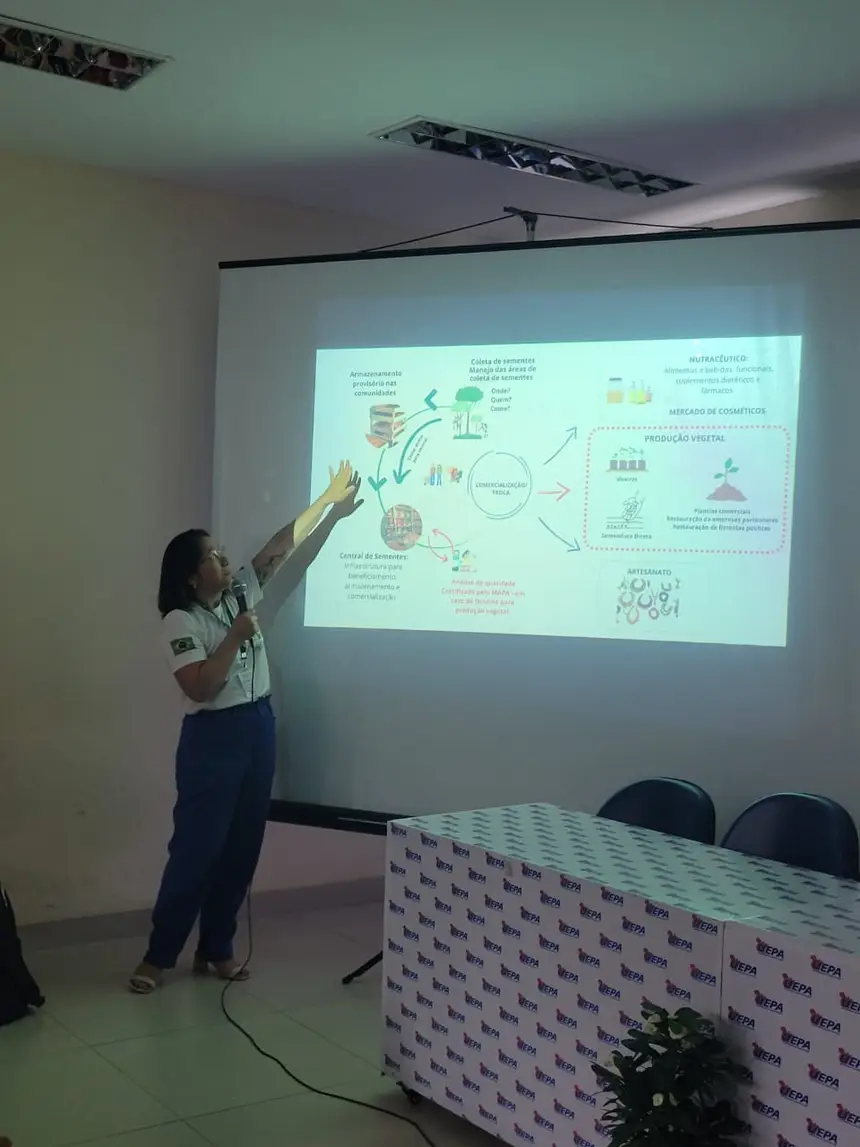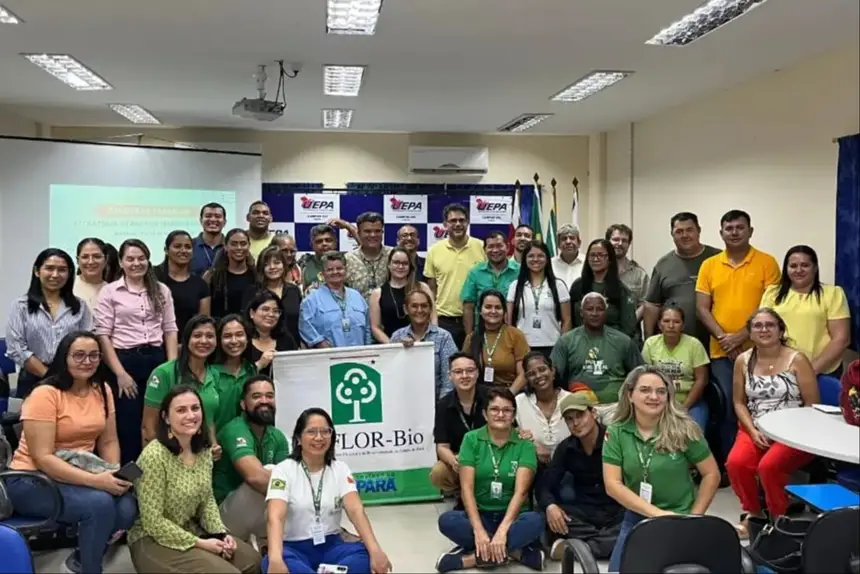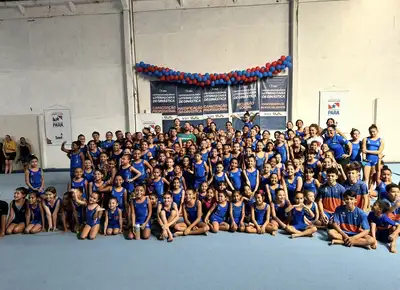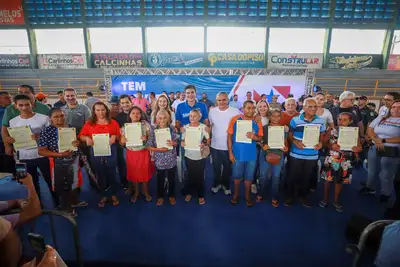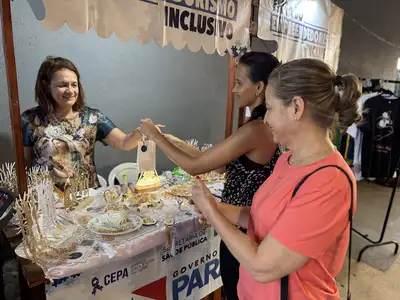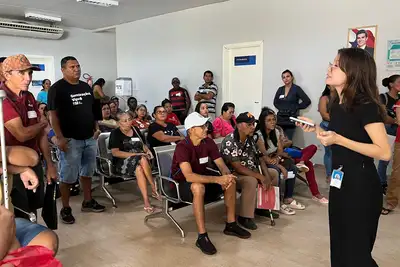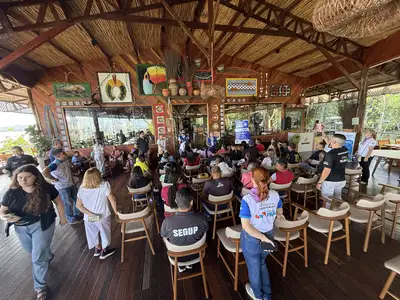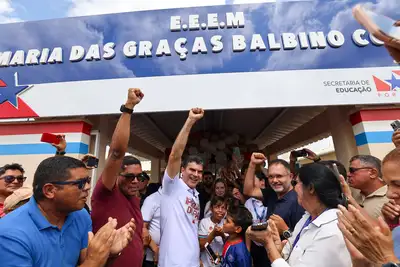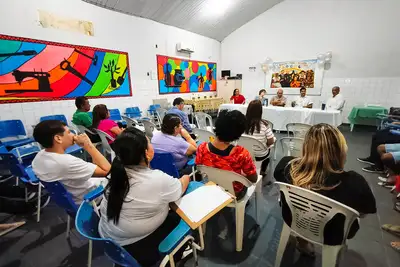Forest Seed Network is the theme of a workshop promoted by Ideflor-Bio in Marabá
The initiative focuses on supporting the structuring of seed networks for ecological restoration and the creation of seed management and forest nursery nuclei.
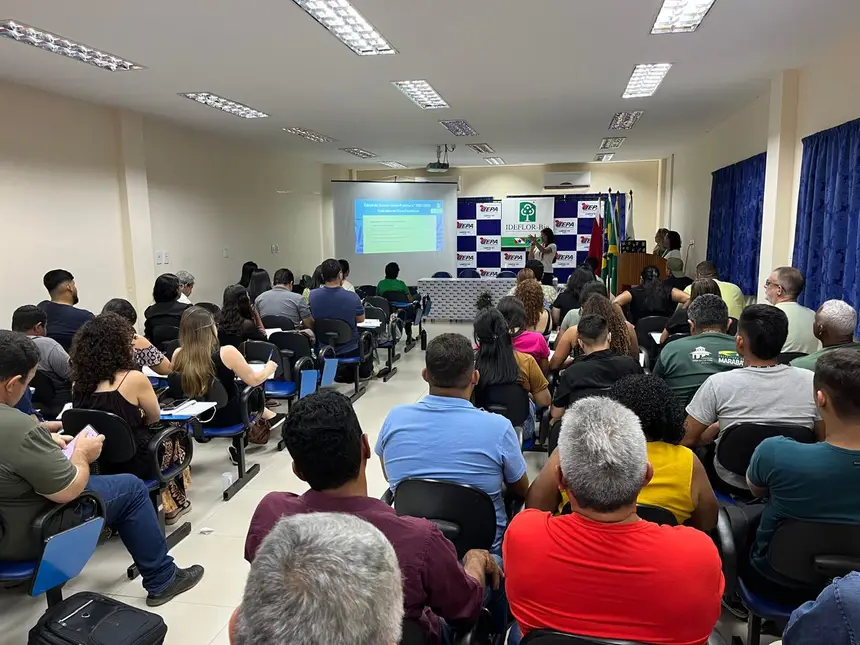
The Institute of Forest Development and Biodiversity of Pará (Ideflor-Bio) is implementing, together with various partners, a new governance strategy aimed at strengthening the native seed production chain. The initiative focuses on supporting the structuring of seed networks aimed at ecological restoration, with an emphasis on the creation of seed banks and forest nurseries, integrating with the State Government's plans for the sustainable use of public forests.
In this sense, the Institute held a workshop last week at the auditorium of the State University of Pará (Uepa) - Marabá Campus, with various entities and representatives of civil society, in order to discuss the theme. The event aimed to discuss the challenges and opportunities for consolidating a structured network of forest seeds aimed at ecological restoration and strengthening the production chain in the state.
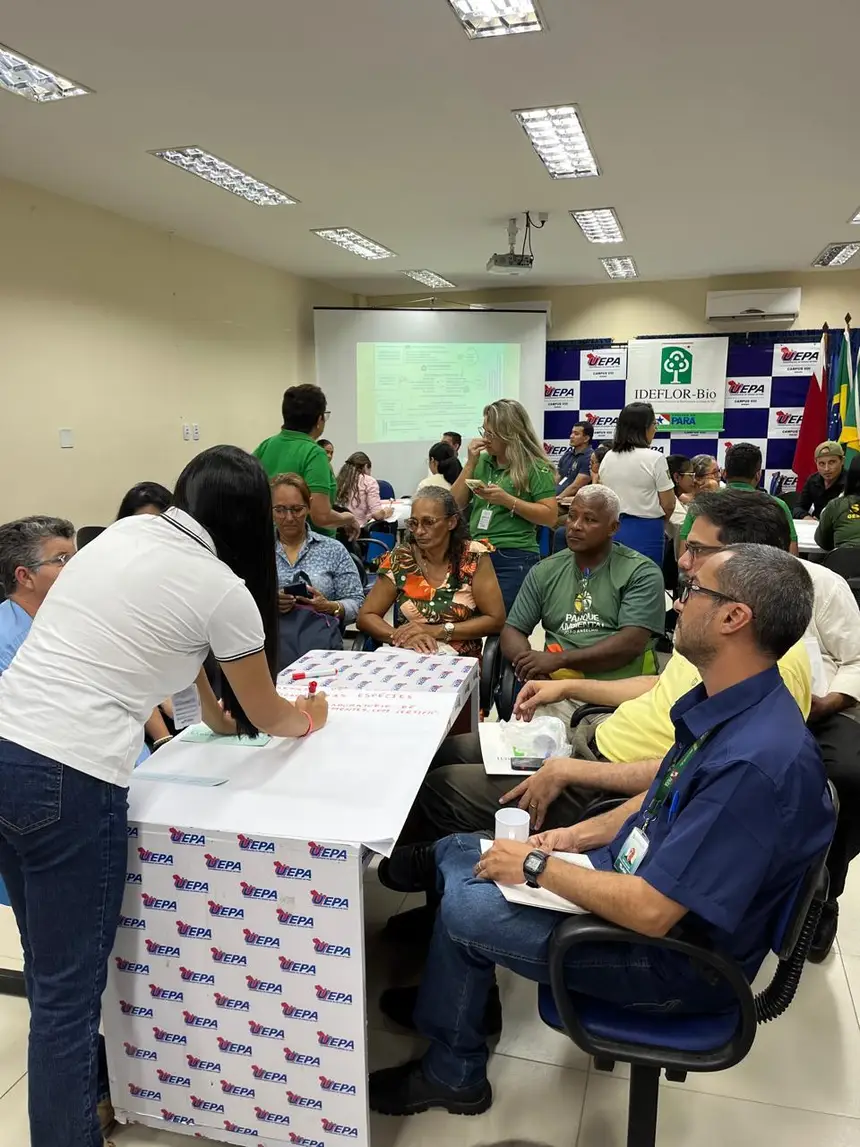
The program was organized by the directorates of Public Forest Management for Production (DGFLOP), Directorate of Conservation Unit Management (DGMUC), Directorate of Forest Chain Development (DDF), and the Carajás Regional Office. Activities began at 8 am with welcoming remarks to participants and continued with various presentations, including the Prosaf Project, the experience of seed collection in the Carajás Region, the Black Jaguar Project, Recovery Unit, and the Pará Seed Network Strategy. At the end, participants discussed the roles and functions of the different links in ecological restoration in an interactive group panel.
Strategy: communities as guardians of forest species
According to the forest engineer and manager of Forest Contracts at Ideflor-Bio, Cíntia Soares, the plan proposes encouraging seed collection by communities and training local residents for seed collection and processing. “The goal is to transform communities into guardians of forest species, with potential for commercialization or exchange of collected seeds. The program also aims to promote the production of native seedlings by the populations themselves, fostering socioeconomic inclusion and environmental conservation,” she emphasized.
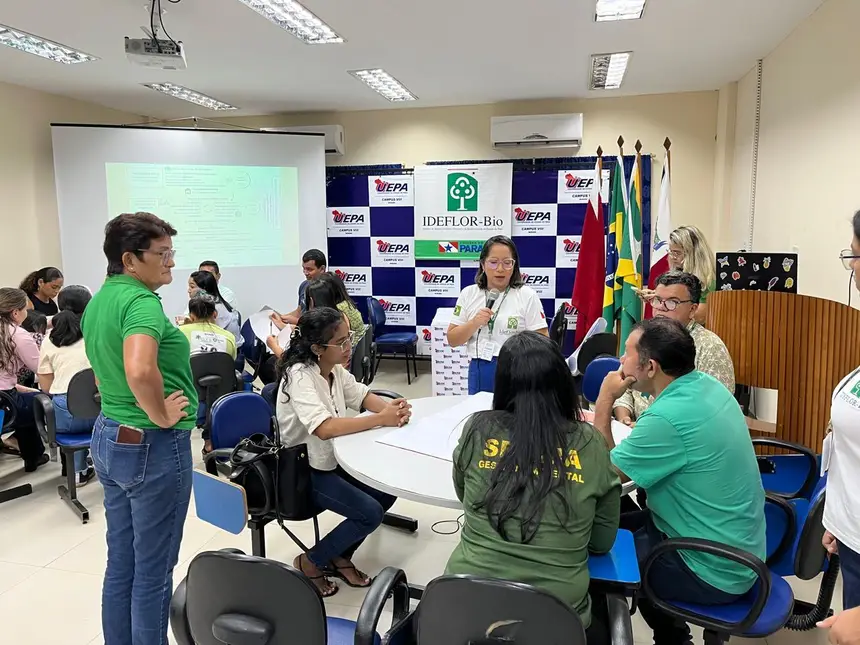
Pará has 90.3 million hectares of public forests, of which 72% are designated for sustainable use. Among the Conservation Units, about 15.4 million hectares are for sustainable use, and 5.6 million have full protection. This context demonstrates the need for an efficient model of seed production and distribution that meets the high demand for ecological restoration.
Challenges - Ideflor-Bio points out relevant challenges for consolidating the production chain. The Agroforestry Systems Project (PROSAF), which analyzes seedling production, identified a community demand exceeding the current supply capacity, associated with low maintenance of partnerships and limited technical assistance. Regarding seeds, obstacles include the scarcity of certified collectors, the absence of legal regulation for collection in Conservation Units, and the difficulty of meeting specific demands, such as that of the cocoa sector.
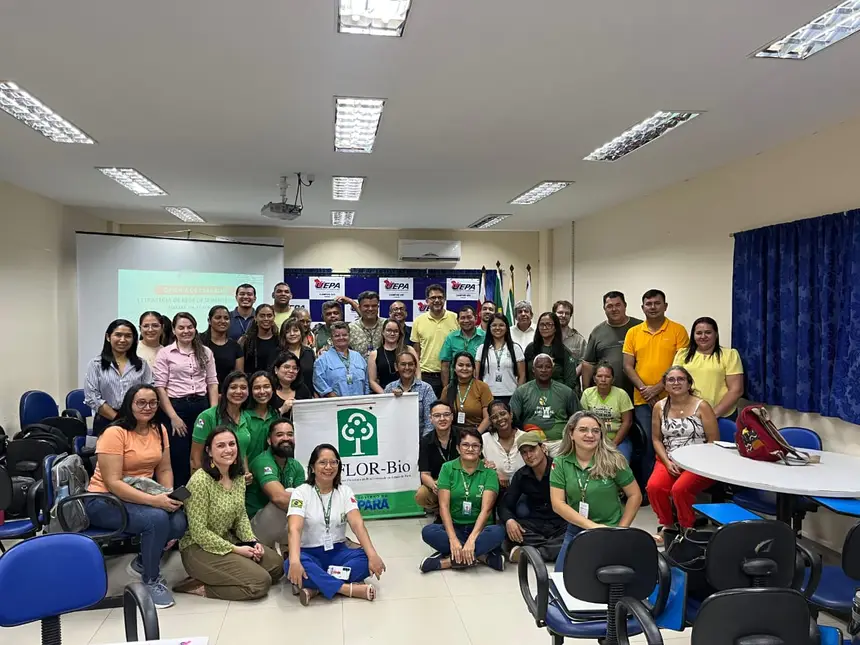
The proposal also emphasizes the importance of overcoming logistical challenges, such as transportation and storage of seeds, as well as the need for tax incentives and legislation that strengthens the commercialization and analysis of native forest seeds. These factors are considered crucial to provide economic viability to the activity and ensure its long-term sustainability.
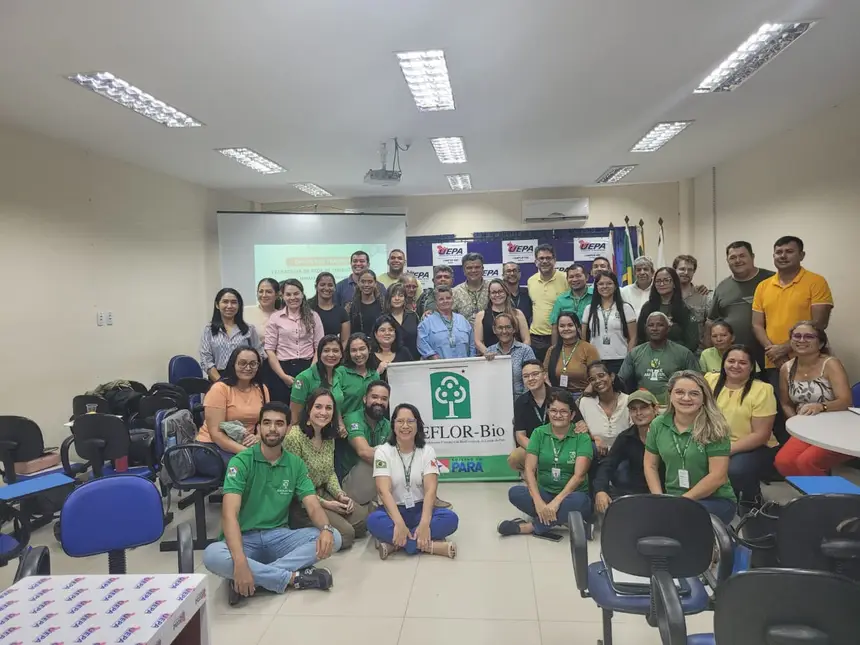
Steps - As next steps, Ideflor-Bio intends to consolidate the decree that creates the Pará Seed Network, implement management nuclei in the regions of Baixo Amazonas and Xingu, as well as develop a comprehensive training strategy for collectors and establish the necessary legal instruments for the implementation of the state policy on native seeds.
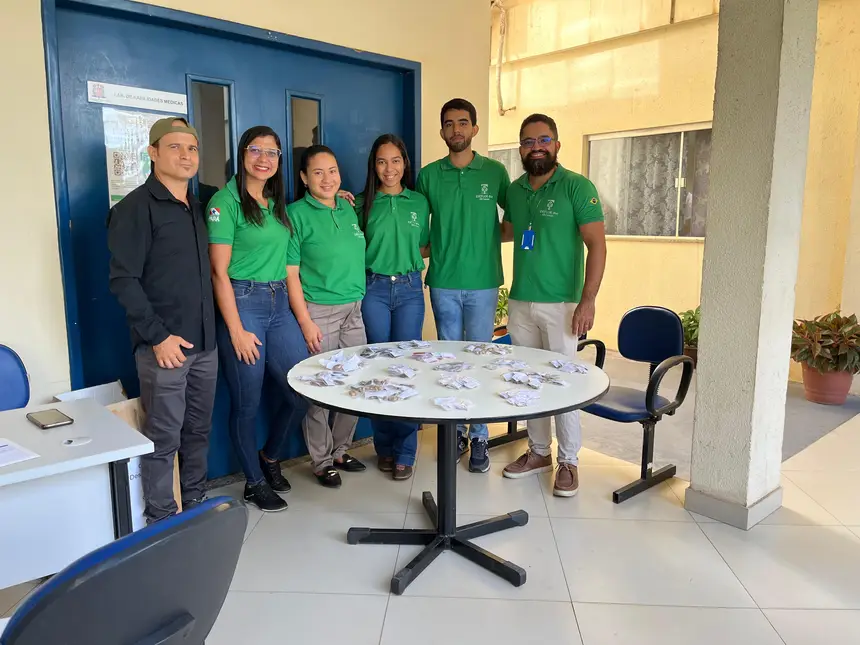
For the manager of the Carajás Regional Office of Ideflor-Bio, Márcio Holanda, the workshop represents an important advance for the state's environmental policy.
“This meeting reinforces our commitment to integrate the various actors of ecological restoration, uniting technical knowledge, regional experiences, and concrete strategies to boost the production and use of native seeds. The Carajás region has great potential to lead this movement, and we are committed to ensuring that this network consolidates efficiently and participatively,” the manager highlighted.


